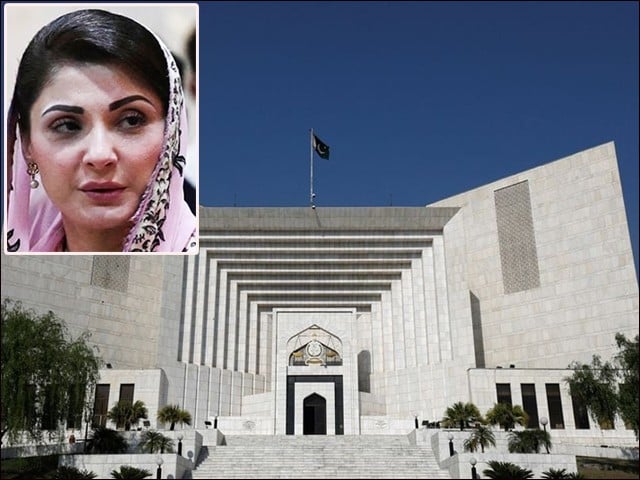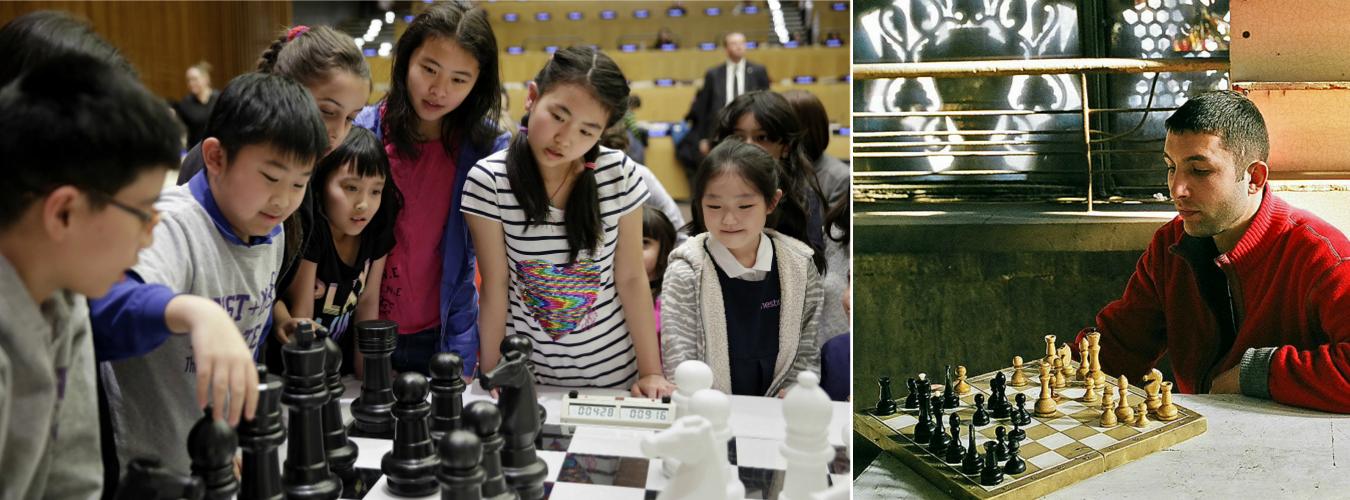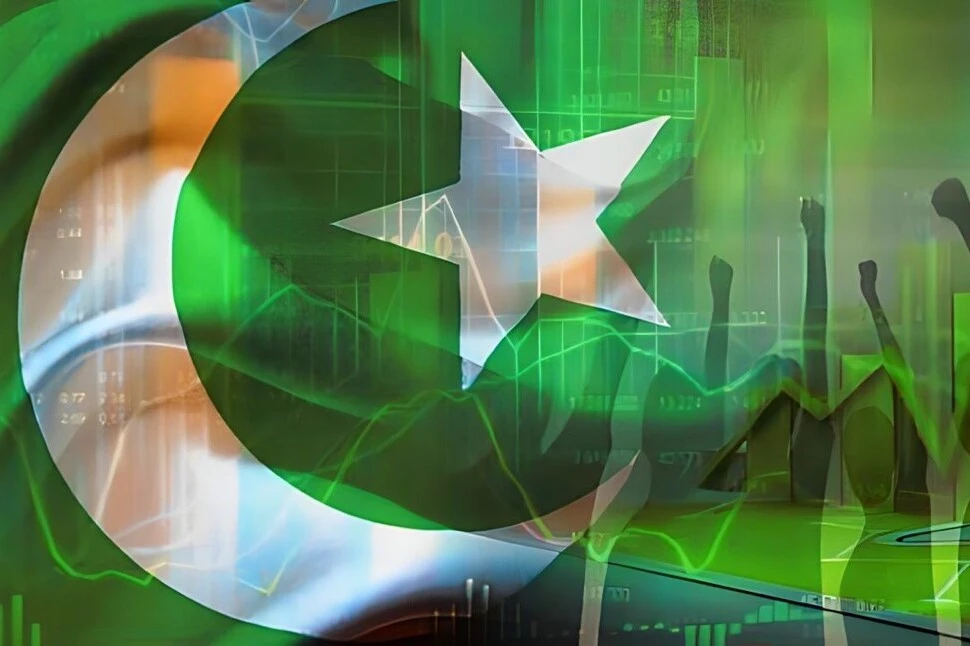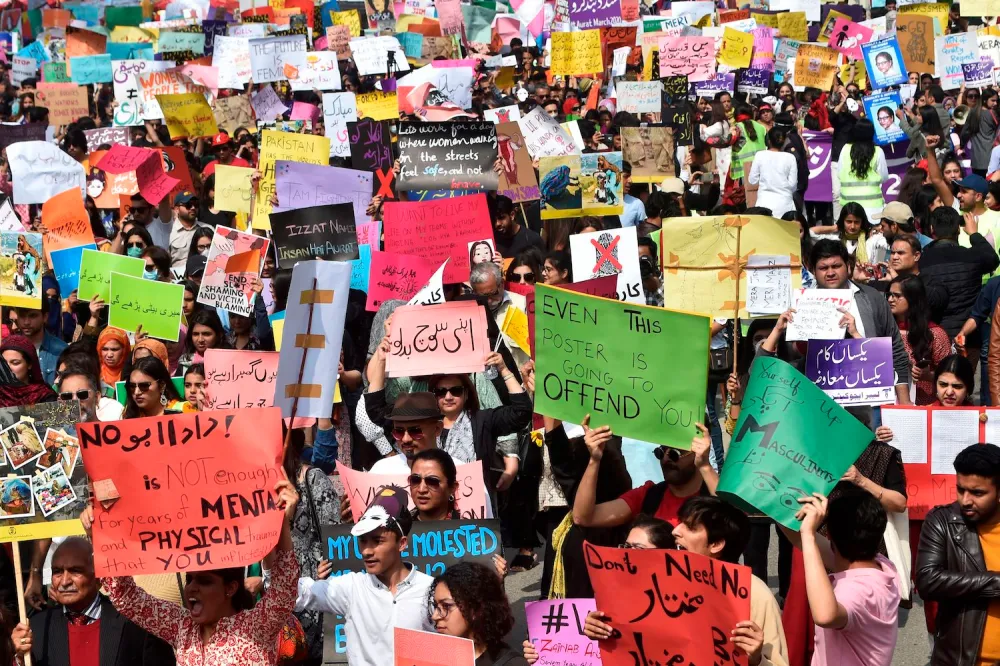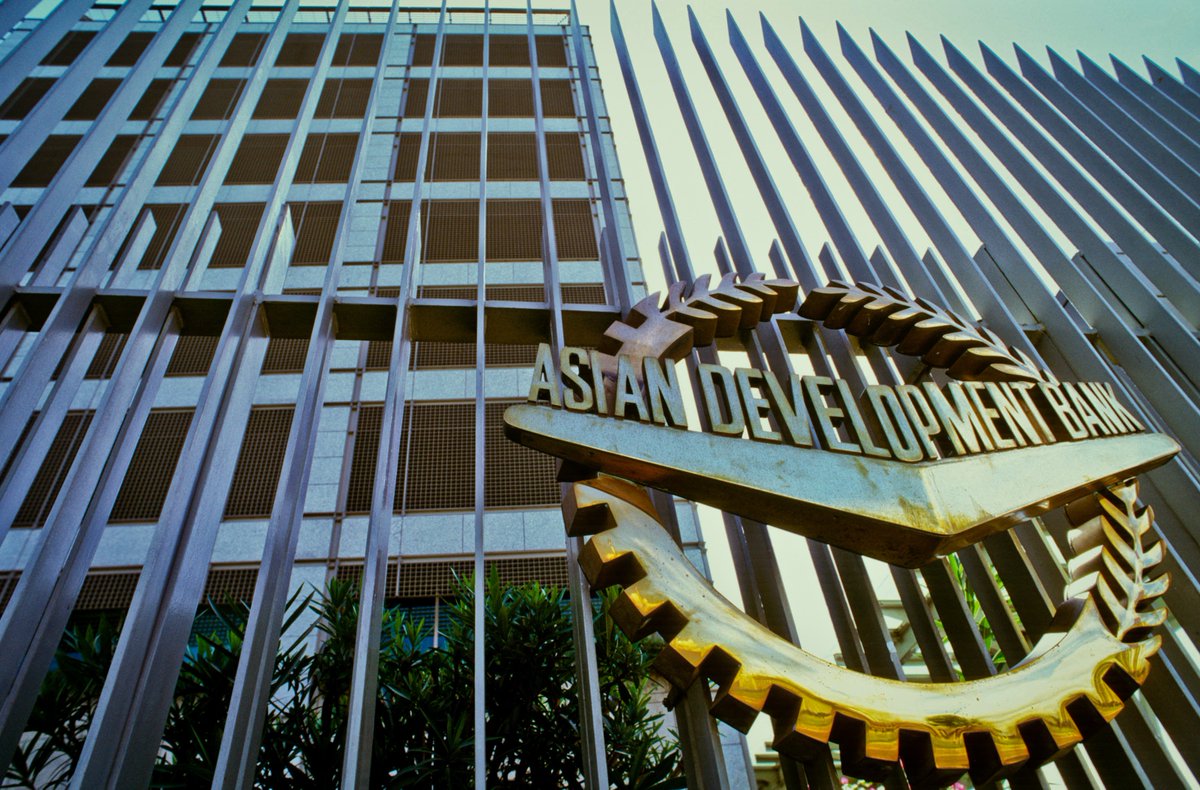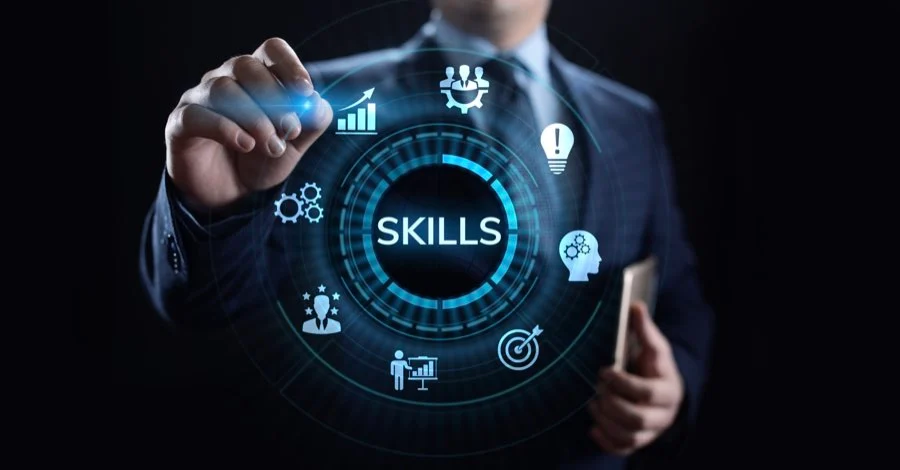Mashhad Nadeem
The pervasive influence of social media and technology on our society, particularly its impact on the younger generation, raises critical concerns about the need for protective measures. In advanced democracies like the US, rapidly advancing technologies are profoundly shaping the way young individuals perceive and engage with the world around them.
Fareed Zakaria’s latest work, ‘Age of Revolutions,’ compellingly highlights the dangers of technological advancements that have left societies in a state of disorientation. The staggering pace of technological change, coupled with the fear of losing one’s identity in the overwhelming wave of artificial intelligence, has driven people to retreat into their default settings of ethno-racial identities.
This retreat to tribal, racial, and ethnic identities has led to the resurgence of tribalism, where instincts of prejudice and dominance thrive, perpetuating an “us vs. them” mentality. In the US, populist leaders have capitalized on this fear to fuel political tribalism, perpetuating division through narratives centered on migrants, inclusivity, and globalization. As a result, the notion of globalization is diminishing, while populism is on the ascent.
Moreover, the rise of artificial intelligence, as noted by Yuval Noah Harari, poses profound questions about humanity’s readiness to confront the emergence of super-intelligent entities devoid of emotions or fear. The swift evolution of artificial intelligence stands to reshape human interactions and cognitive patterns, prompting concerns about its impact on societal norms and behaviors.
Author Jonathan Haidt’s observations regarding the rewiring of Gen Z’s brains due to social media and communication technologies further accentuate the profound influence of technology on the younger generation. The phenomenon of “fragilization” experienced by Gen Z, born in 1995 and entering the workforce in 2014, underscores the challenges they face in navigating real-world complexities, having been shielded in the virtual world and underprepared for real-life adversities.
The introduction of features like the ‘Like’ button by Facebook and the ‘Retweet’ button by Twitter has significantly influenced the young generation’s perception of self-worth and validation through social media. This has exacerbated mental health challenges, leading to alarming rates of self-harm and suicide among Gen Z.
Notably, social media platforms’ business models have pivoted towards maximizing content virality, placing a premium on attention-grabbing sensationalism over factual accuracy. Consequently, social media algorithms prioritize conflict-inducing content, contributing to social polarization and undermining democratic discourse.
As we confront the trajectory of technological evolution, it becomes essential to establish ethical guidelines and technological safeguards to mitigate potential threats. Implementing age restrictions for social media usage, reconfiguring platform architecture to control virality, instituting anonymity checks and robust accountability mechanisms, are among the guardrails that could help mitigate the negative impact of social media on the younger generation and broader society.
Failure to institute effective safeguards against the encroaching influence of AI-driven social media risks eroding human independence and the art of genuine human connection, fundamentally disconnecting human intelligence from consciousness.
Social media and information technology have an immense influence on human life. The pervasive nature of social media has significantly impacted how we communicate, consume information, and perceive the world around us. From shaping our social interactions to influencing our opinions and behaviors, social media has become deeply ingrained in our daily lives.
The rapid advancements in information technology have revolutionized various aspects of human life, from how we access information and entertainment to how we conduct business and interact with one another. The ease of access to vast amounts of information has transformed the way we learn and stay informed about global events and developments.
Moreover, social media and IT have redefined human relationships and interactions. These platforms have connected people across the globe, enabling communication and collaboration on an unprecedented scale. However, they have also presented challenges such as cyberbullying, privacy concerns, and the impact on mental health due to the pressure of maintaining an online persona.
Additionally, the rise of artificial intelligence and algorithms in social media and IT has raised questions about the ethical and societal implications of automated decision-making processes and content curation. The influence of these technologies on shaping human perceptions, preferences, and even political opinions has sparked debates about regulation and oversight.
Overall, the influence of social media and IT on human life is undeniable, and it is crucial to critically evaluate their impact to ensure that they contribute positively to society while mitigating potential negative consequences.








































